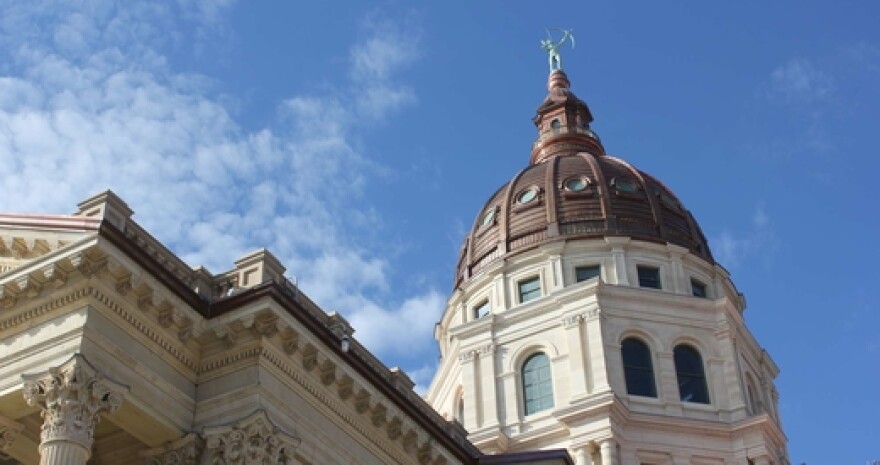TOPEKA — Kansas collected nearly $73 million more in taxes than expected in September, suggesting that its economy is bouncing back faster than the state had initially anticipated, though officials still warned Thursday that the recovery is fragile.
The coronavirus pandemic’s arrival in Kansas in March scrambled the state’s financial picture, leading to a statewide stay-at-home order that Gov. Laura Kelly kept in place for five weeks. State officials and university economists then slashed the state’s revenue projections in April, creating a projected shortfall in the state budget.
The financial picture has since brightened, with better-than-anticipated tax collections during five of the past six months.
But Kansas last month saw its biggest average numbers of new coronavirus cases since the pandemic began in March, peaking at 667 per day for the seven days ending Monday. And the director of the state health department told reporters Wednesday that the state could see an average of 800 or 900 new cases a day in the coming months. Kansas has reported nearly 60,000 cases and 678 COVID-19-related deaths.
"The impact that the pandemic will have on the economy during the fall and winter months is uncertain at best," Mark Burghart, the head of the state Department of Revenue, said Thursday in a statement.
The Department of Revenue said Kansas collected nearly $729 million in taxes last month, when it expected to take in $656 million. The surplus of 11% for the month was tied largely to better-than-expected income tax collections.
The September collections allowed the state to finish the first three months of the 2021 budget year that started July 1 with $108 million more in tax collections than anticipated. The state collected $2.25 billion during those three months, 5.1% more than projected.
Kelly said while there’s reason for optimism, "We must remain committed to fiscal steadiness, public health, and support our core services."
A monthly Creighton University survey of business leaders released Thursday suggested that the economy continues to improve in nine Midwest and Plains states, including Kansas, though it remains less robust than before the pandemics starts.
The unemployment rate in Kansas, hovering at about 3% for months and dipping to 2.8% in March, spiked at 11.9% in April. That month the state had 125,500 fewer private-sector, non-farm jobs — nearly 11% less than in April 2019.
The numbers have gotten better since. But the unemployment rate still was 6.9% in August, and the state had 53,800 fewer private-sector non-farm jobs than in August 2019, a decline of 4.6%.
Kelly, a Democrat, and top Republicans in the GOP-controlled Legislature clashed repeatedly over her handling of the pandemic, with Republicans pushing her to reopen the economy more quickly and forcing her to accept local control of many decisions. Senate President Susan Wagle, a Wichita Republican, said that as a result, "our revenues are starting to rebound."
"I’m glad to see the Kansas economy showing strength," House Speaker Ron Ryckman Jr., an Olathe Republican, said in a text to The Associated Press. "But this recovery is fragile. Without keeping our economy open and our state safe we risk losing what we have gained."


